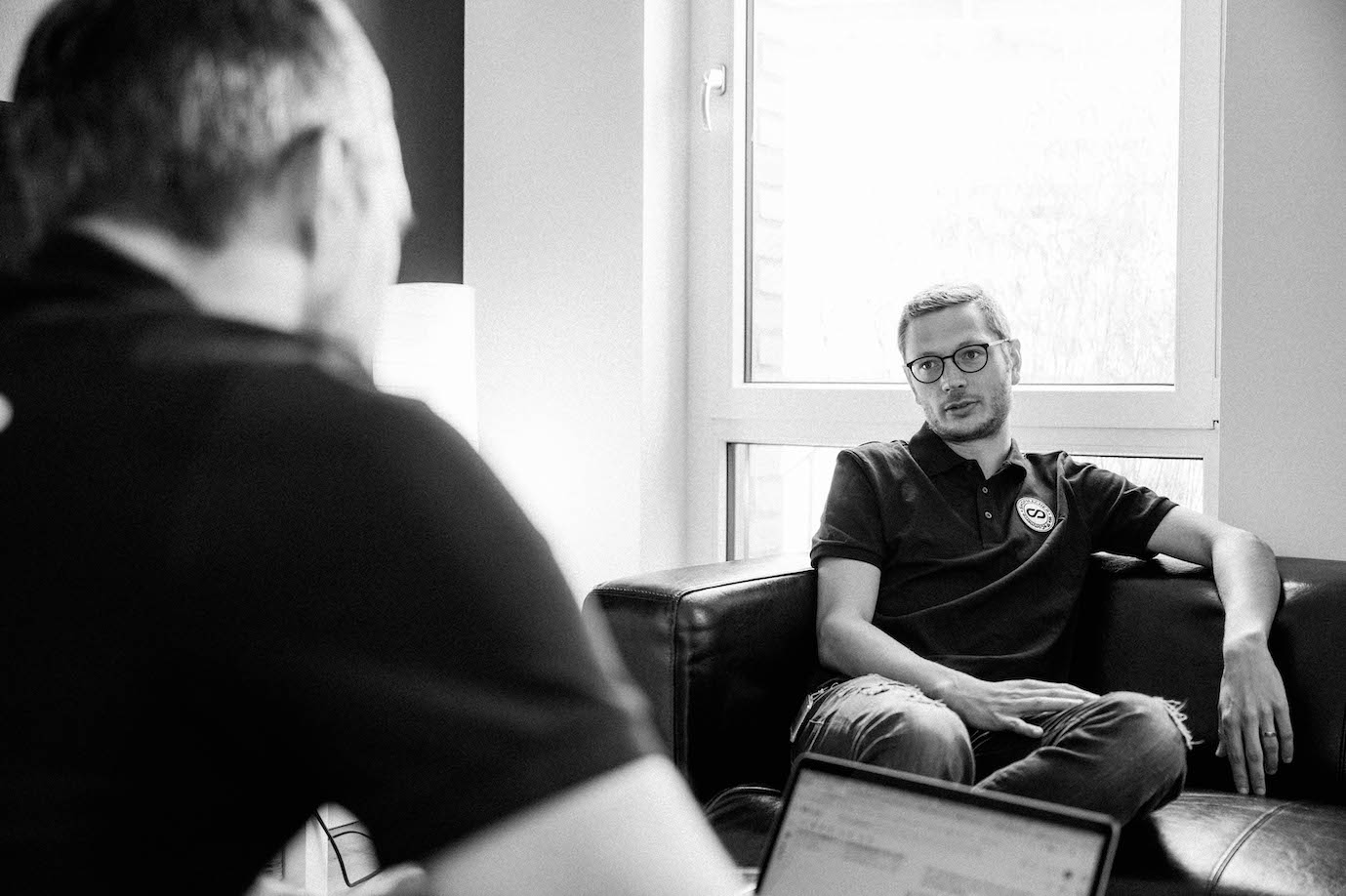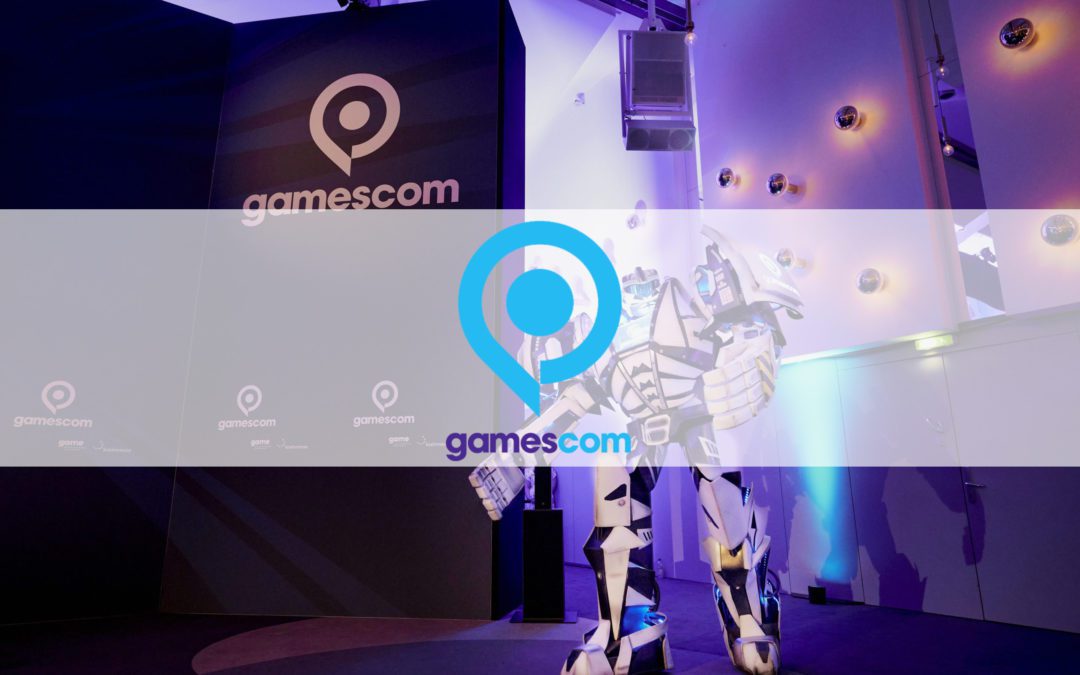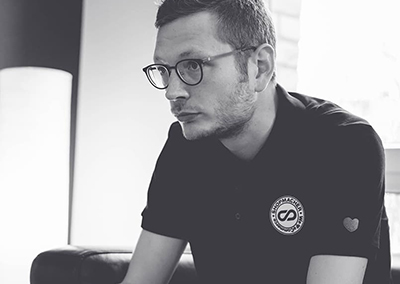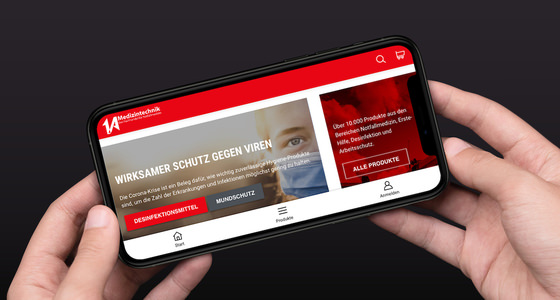The most important ShopTech requirements 2023
The vendor market for commerce solutions is on the move. Experts see a move toward composable commerce and cloud-based solutions. What should a future-proof commerce system look like?

Manuel Ludvigsen-Diekmann, CTO of SHOPMACHER, joins two other commerce experts to talk about the most important ShopTech requirements for 2023.
In many companies, the store software is getting on in years. IT executives and commerce managers are faced with the decision to replace and renew the technology they have been using for digital commerce and are asking themselves how this can be done. Such decisions are made for a longer time horizon. After all, the solution should “last a few years” so that the investment pays off.
The large number of store software providers and new developments in IT architecture do not make the choice easy. INTERNET WORLD asked commerce experts: What makes a commerce solution fit for the future? The answers show how many facets the future viability of store systems has.
3 DECISIVE POINTS
Michael Sommer, Director Partner Management at digital agency Diconium, lists three crucial points for future viability: Openness to integration, support for an omnichannel approach, and company satisfaction with the solution.
On the one hand, openness to integration means integrating the e-commerce system into existing IT architectures, he explains. On the other hand, it refers to the flexibility for extensions. The solution is designed to enable companies to respond when requirements change.
Flexibility is also part of the omnichannel approach. “There are more and more touchpoints, more and more data. Being able to act or react quickly here and map new requirements is a key factor,” Sommer emphasizes.
However, a solution that is not accepted by the people who work with it is of little use. That is why customer satisfaction is important. It also has several aspects: How does the user experience feel? How good is the support of the vendor and also the implementation partner? And last but not least: How flexible is the pricing model?
FROM THE ONLINE STORE TO THE DIGITAL TRANSACTION
What Sommer calls “openness to integration” is what Manuel Ludvigsen-Diekmann, Chief Technology Officer of commerce agency Shopmacher, calls “connectivity.” Connectivity, cost and scalability are the three main points he mentions in response to the question of future viability.
A fundamental question when introducing or upgrading a commerce solution is: How are systems connected? “What systems are already in place? What do the data streams look like?” the Chief Technology Officer elaborates. Two further aspects are included in the decision criteria for a future solution: staffing and strategy. Which IT team is present in the company? Where does the company want to be in two to three years? “On this basis, we look at which providers there are that fit these requirements,” Ludvigsen-Diekmann explains the selection process.
ALSO INTERESTING

Level upgrade: gamescom now trusts SHOPMACHER again
After two years in which gamescom was held exclusively online, the world’s largest games event will become a hybrid event this year. Shopmacher is responsible for the further development of the digital customer experience on the “gamescom now” content hub.

How to future-proof your tech stack or: Forget ChatGPT, do your basic homework!
Which channels will we use to sell tomorrow? And will online demand continue to fall or rise sharply again? Anyone who is about to purchase new software for their online store today has to consider many factors. Our CTO Manuel Ludvigsen-Diekmann answers some key questions.

How 1A Medizintechnik and SHOPMACHER digitize the procurement of emergency equipment for emergency services
Many rescue stations still work very analogously today. In order to reorder products, the paramedics often walk through their warehouses themselves with pen and paper and note what is missing. An office worker then types the note, the supervisor acknowledges it and the order is sent to the wholesaler by fax or telephone.